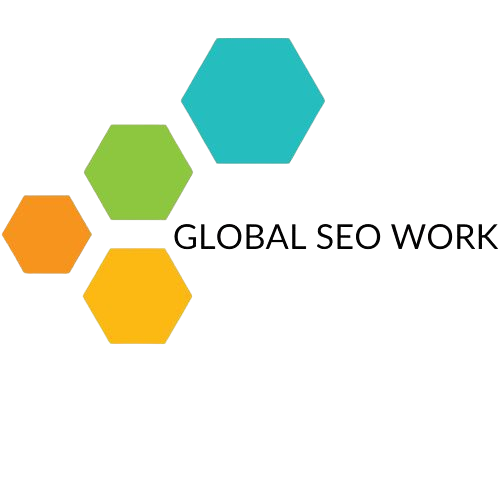The most recent edition of the Future of Work report. By the World Economic Forum, highlighted a topic that has been on the radar of people management for some time: professional requalification.
The study found that in the coming years, 40% of the skills in the workplace will change and 92 million roles will cease to exist. As a result, at least 59% of workers will to reskill by 2030.
What is professional requalification?
Professional requalification is the process of updating or acquiring new skills and. Which allows the individual to adapt to constant changes in the job market.
This concept is also known as reskilling and consists of preparing professionals to perform new roles, through the acquisition of skills that were not previously necessary.
Generally, reskilling goes hand in hand with upskilling, a strategy that seeks to keep talents up to date on trends and developments in their respective roles.
Why has this become a priority issue for HR?
As we saw in the introduction, the World Economic Forum predicts that many positions will be eliminated by 2030.
In return, 170 million new roles will be created, generating 78 million job opportunities.
This transformation is being driven mainly by technological evolution, economic and demographic factors, and the transition to a green economy.
The fact is that it is already underway and can no longer be ignored. To ensure their relevance in the future, organizations will need to invest increasingly in reskilling or upskilling their talents. In practice, both strategies will be key to reducing the gap between existing roles and new opportunities.
Keeping an eye on the roles and skills that will be in demand
To support HR teams on this journey, the architecture and tools are often discussed World Economic Forum report also highlighted the jobs and skills that are expected to grow in the coming years.
Among the roles on the rise, those linked to the Technology, Renewable Energy, Agribusiness, Health and Biotechnology sectors stand out.
But it is worth mentioning that behavioral skills will also be increasingly required in many jobs. In this case, the following soft skills stand out :
How can companies and professionals prepare?
Given the transformations that are already shaping the job market, both companies and professionals need to adapt to keep up with the pace of did itlos just kill the military activities exemption in article 298? change and ensure their relevance.
Next, we will point out some ways to do this in practice!
FOR COMPANIES
One of the biggest challenges for organizations, especially HR, will be to promote an environment that encourages continuous learning and the phone number germany development of new skills.
Among the strategies indicated are:
- skills mapping: identifying the skills that will be most important for the future of the company and where there are gaps in the teams;
- investment in training: based on the information gathered, develop individualized training programs that combine different formats;
- continuous learning culture: implement measures that encourage employees to constantly develop.
FOR PROFESSIONALS
For employees, the main tip is to adopt a proactive stance, refining their learning capacity . This includes:
- monitoring market trends: staying alert to changes in professional requirements and seeking certifications aligned with new demands;
- development of behavioral skills: in addition to technical skills, also improve the most valued human skills;
- continuous effort: investing in online courses, workshops, networking and practical experiences that add knowledge and expand possibilities for action;
- flexibility: being open to the possibilities of career changes and new ways of working.
Final considerations
As we have seen so far, the future of work points towards professional requalification and continuous improvement.
The sooner companies and professionals start taking action, the better prepared they will be to face the challenges and take advantage of the opportunities that will arise in the coming years.
